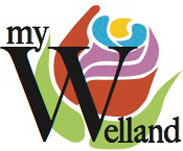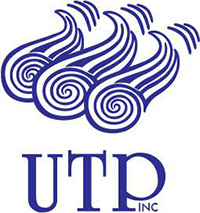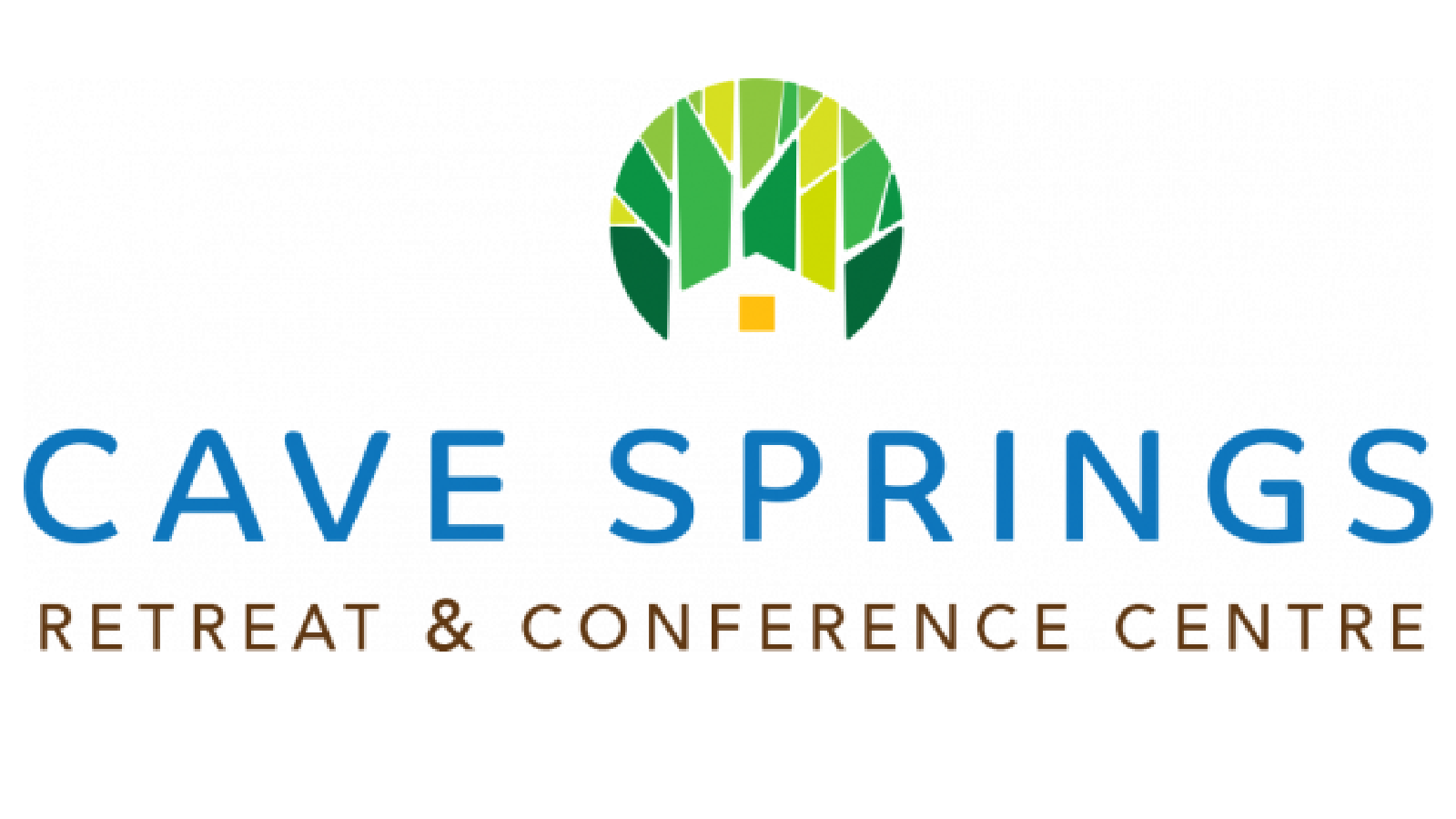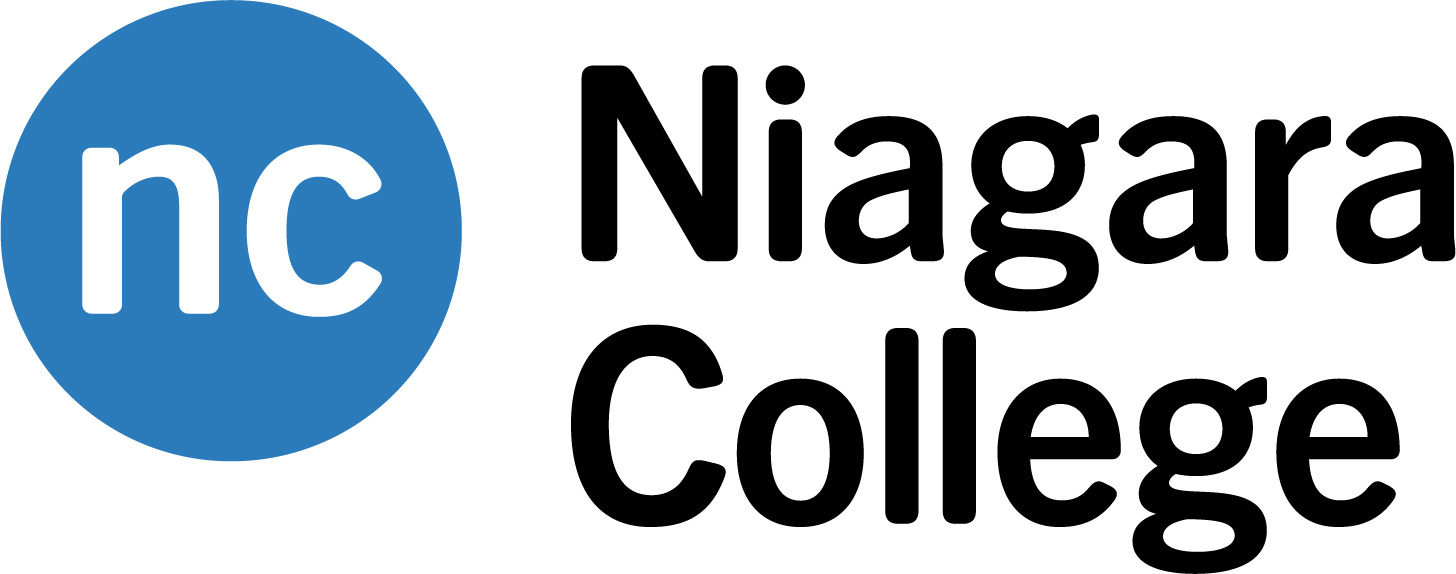From Niagara Region
Niagara’s 12 municipalities, in close partnership with the Region, have formally submitted a request to the Province of Ontario and Government of Canada for financial relief for the costs incurred from the COVID-19 crisis.
The region has projected the gross costs related to COVID-19 will be nearly $50 million by the end of June. While some costs have been accommodated through the current budget and a number of strategic mitigation efforts, there is still a significant deficit that is only expected to increase as a clearer picture of the crisis unfolds.
The request, which was endorsed by all 12 mayors and the Regional Chair, calls on the senior levels of government to provide much-needed financial assistance to Niagara’s local area municipalities and the Region. This funding is essential to ensuring the continued provision of various programs and services, as well as limiting the financial impact on property taxes for years to come.
The Region and its 12 municipalities worked closely together to gather the necessary data to make this consolidated request to the provincial and federal government. The COVID-19 pandemic has significantly impacted municipal budgets through unexpected expenses and lost revenue. Examples include:
- Costs related to the protection and health of staff and residents (PPE, enhanced cleaning, media advertising, screening technology, emergency shelters)
- Required overtime, staff redeployment and pandemic pay (i.e. $4/hour for certain front-line positions)
- Enhanced technology to facilitate working remotely
- Lost revenue (facility rental income, transit fares, business licensing, development applications, child care feeds, traffic infractions)
The Region and local municipalities have taken many steps to mitigate and contain the costs related to COVID-19. Despite these efforts a net deficit is still being projected. Some of these steps have included:
- Hiring freeze for vacant positions
- Temporary lay-offs for non-essential staff
- Reduced non-emergency repair work
- Reduced transit service costs
- Deferral of seasonal services (i.e. Port Robinson ferry start date)
- Reduction in Museum and Library Operating Grants
- Deferral of non-essential capital projects to future years
While Niagara’s municipalities welcome funding that has been committed thus far, these dollars are directed to specific program areas and cannot be used to sustain other important municipal services. Niagara’s request is closely aligned with that of the Federation of Canadian Municipalities (FCM) and the Association of Municipalities of Ontario (AMO).
Specifically, the Region and local area municipalities are seeking relief measures in the following areas:
- Emergency operating funding to offset lost revenues and costs related to COVID-19
- Deliver longer-term grants to ensure appropriate service levels continue while physical distancing directives are in place
- Allow municipalities to apply for the Federal wage subsidy program
- Accelerate both provincial and federal infrastructure programs to stimulate economic recovery after the COVID-19 pandemic has ended
- Reform the infrastructure funding formula by reducing the municipal proportion to 20 per cent (as compared to the traditional 1/3rd municipal contribution)
- Eliminate time-consuming application-based funding programs to ensure the efficient and timely receipt of funds
- Restore the provincial proportion of public health care costs to 100 per cent and postpone reconsideration of any reforms to these costs until at least 2021
- 100 per cent one-time funding for pandemic related costs
Niagara discourages changes to the Municipal Act that would allow for municipalities to run operational deficits.
Niagara Region, in partnership with the 12 municipalities, will continue to advocate for these matters with senior levels of government at every appropriate opportunity. Securing a commitment for financial relief will be a key component to planning the 2021 budget and beyond.
 Back to myNiagaraOnline
Back to myNiagaraOnline





















